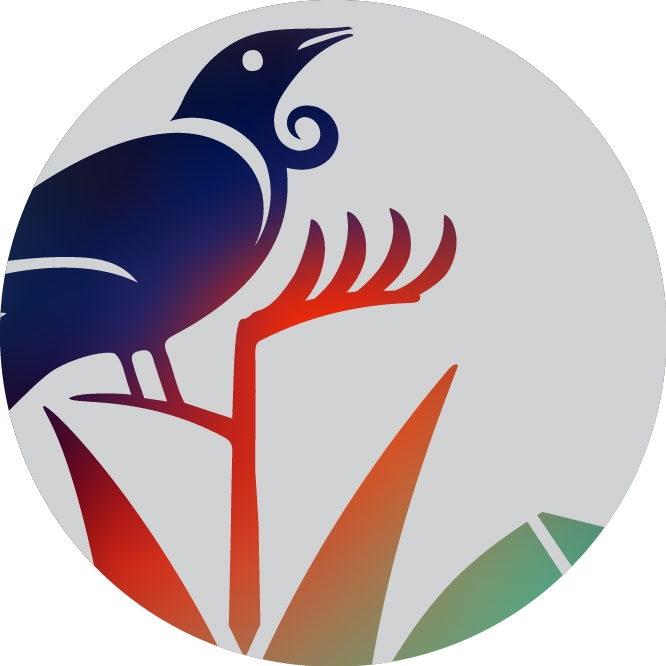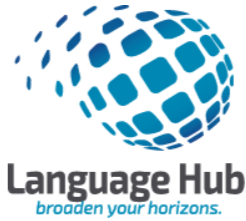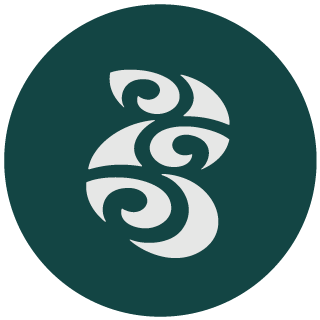We Want to learn the language of Einstein, Beethoven, Merkel, and Jürgen Klopp. Fancy chatting with locals over coffee and cake in Vienna, which is famous for its café culture.Ready for a journey into the culture and history of Central Europe. German is the most widely spoken first language.

German Language Courses.
We Want to learn the language of Einstein, Beethoven, Merkel, and Jürgen Klopp. Fancy chatting with locals over coffee and cake in Vienna, which is famous for its café culture.Ready for a journey into the culture and history of Central Europe.
German is the most widely spoken first language in the European Union, and the native tongue of almost 100 million people. It is also widely taught as a foreign language, where it is the third most taught foreign language (after English and French).
Today, German is spoken by over 130 million people worldwide, and according to the 2018 New Zealand Census, it is also spoken by 41,385 New Zealanders.
Our Introductory German courses begin with a focus on conversational skills, vocabulary, reading and writing practice, and an introduction to German grammar.
Subsequent Terms reinforce both reading and writing and introduce additional grammar, vocabulary, and conversation. Basic everyday vocabulary and expressions are taught, with a view to empowering learners to speak basic German from the very beginning.
EarthDiverse currently offers the following German language classes on a rotating and evolving basis, with new intakes of students in German 101 beginning twice a year, in Term 1 (February) and again in Term 3 (July-August).
101 & 103 courses are offered in Terms 1 & 3 each year, and 102 & 104 courses are offered in Terms 2 & 4 each year. If you have some elementary understanding, you may consider starting in a 102 or 103 course as well.
When completing one 8-week course, each cohort can begin advancing to the next course in the series.
Our language courses are designed for:
Our Language Teaching Methods
At EarthDiverse, we also know how busy we all are these days, and how much of a commitment learning a new language can be. That’s why we try to make learning a new language as effortless as possible.
All we require is for you to commit an hour and a half of your time each week to attend your class sessions, either in-person, live-streaming via Zoom, or watching the recorded video sessions. That’s 12 class hours per term delivered in 8 sessions, or 48 hours a year.
The majority of our students who commit to 2 years of class-only language instruction (or 96 hours total over two years), can read, understand and have conversations in their new language.
We do not require you to complete extra study in addition to your hour and a half time commitment, nor do we require you to complete any outside-of-class homework. You can always do this if you like, and your instructor will support you 100%. If you’d like to go that extra mile.
We provide sets of flashcards for vocabulary learning that you can freely access via the Quizlet app on your phones, tablets and computers.
For learning new scripts, we suggest downloading the free Scripts app, which currently supports Hebrew, Hindi and Japanese. For grammar, conversation and comprehension, we suggest downloading the free Drops or Duolinguo apps.
Using Quizlet for vocabulary, Scripts for learning how to write non-Roman letters, and Drops or Duolinguo for grammar and comprehension allows you to reinforce your language learning while you’re waiting in line for your takeaway felafel, sitting in an office waiting for an appointment, or waiting in your car to pick up the kids.
You can use any of these tools whenever and wherever you want, in short 5 minute bursts, and as often as you like, including not at all.
In short, EarthDiverse wants to make language learning as simple and easy as possible. And if you’re committed, think long term and we can make language acquisition as painless and passive as if you were a baby learning your first language.
While this method is radically different from “intensive study” or “total immersion” methods of most language schools, we feel that our pedagogy actually works for busy adult learners who may not have more time to devote to language learning than the one and a half hour class commitment each week.
While you may not be speaking your chosen language after a year of study (8 sessions per Term over 4 terms per year = 32 class sessions of 1.5 hrs = 48 class hours spread out over a year).
If you stick with it, you most likely will by the end of your second year, and will have done so with little interruption to your weekly schedule other than setting aside a short period each week during the Term. And if you’re keen to do more or learn faster, our instructors are always ready to help you tailor your language programme to best suit your needs.
On Language
At EarthDiverse, we believe that language is culture, and there is no true understanding of other cultures unless we make an effort to learn non-English languages. If we truly wish to engage with others we must begin to learn some of the other spoken languages and written alphabets of our diverse earth. We have the capacity.
Language learning can be fun and engaging, and is a great way to exercise our brains.

We partner with Goethe Institute and the Goethe Society to create enriching learning experiences for our teachers in our GROW programs and immersion opportunities. As well as having the German National Language Adviser who can work with you to help strengthen the teaching of German.

In person course offering 30 total teaching units and includes course material, access to Goethe-Institut online classroom platform.

Get ready for your next journey in this fun class and leave equipped with a basic range of language skills. Gain the confidence and ability to converse in German.

Your Language Hub German classes will be entirely in German. Once you have mastered the basics, we will have you progressing through the crazy German grammar system until you look back wondering what all the fuss was about. Our method is based on you building core competencies in the German.

Germany is a country with a long and rich heritage and is the geographic and cultural centre of Europe. The German language is closely related to English and is more similar to it than to any other language. There are 100 million German speakers throughout Europe, from Austria to Switzerland.
© 2025 coursetakers.com All Rights Reserved. Terms and Conditions of use | Privacy Policy